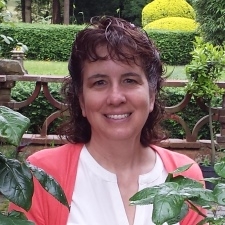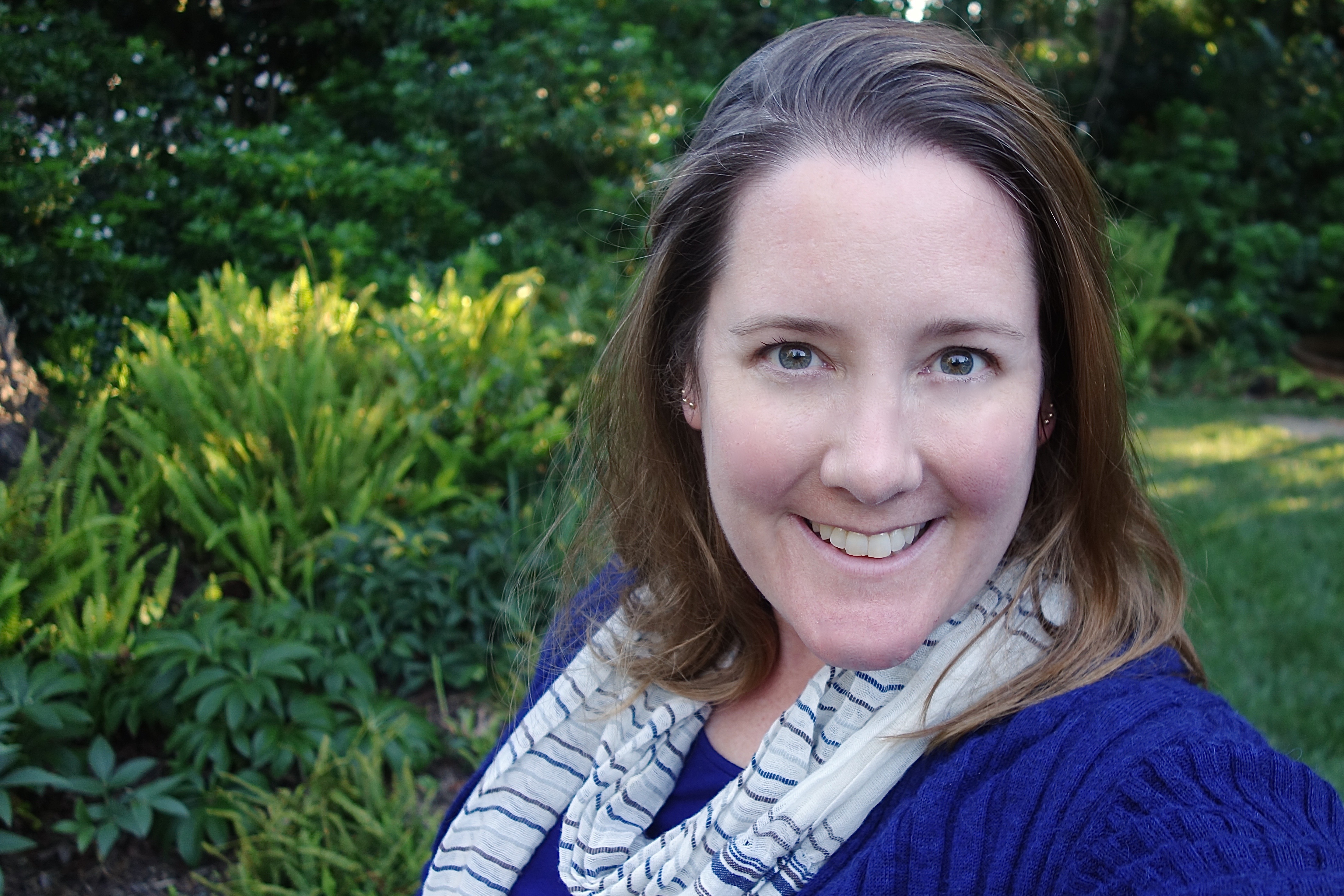Each month we profile a faculty member and student from our School of Nursing community. In July, we feature DorAnne Donesky, PhD, ANP-BC, ACHPN, and Megan Rathfon, Second-Year Masters Student, Adult Gerontology Nurse Practitioner, Palliative Care.
Faculty—DorAnne Donesky, PhD, ANP-BC, ACHPN

Area of focus: Outpatient pulmonary palliative care
Appointment: Associate Adjunct Professor
Membership(s): American Thoracic Society, Hospice and Palliative Nurses Association, Sigma Theta Tau International, American Nurses Association
Previous Position: Nurse Practitioner at St. Helena Hospital in the Napa Valley
Why nursing/palliative care: Nursing was originally a pragmatic decision because an ADN would assure that I didn’t have to work at minimum wage jobs anymore. But the more nursing education I received, the more I caught the vision for the value nursing brings to society and my personal passion for nursing as a means to support others in living the lives they desire. Palliative care is a natural extension of that—an opportunity to come alongside people and families living with serious illness and support them in living life to the fullest possible extent.
Hobbies: Hiking, music, travel and road trips, the search for the perfect pot of tea!
Fun fact about you: I was born in Canada
Useful tip for others interested in nursing/palliative care: By definition, palliative care is an interprofessional specialty. We don’t realize how much our discipline-specific training influences our point of view until we work together in close proximity with other disciplines. It’s important to bring humility and a sense of humor to these interactions; successfully working with an interprofessional team can be the source of great satisfaction!
Student—Megan Rathfon

Year: MS Year 2
Membership(s): American Nurse Association, Gerontological Advanced Practice Nurses Association, Hospice & Palliative Nurses Association, Sigma Theta Tau International
Undergraduate Institution: Wellesley College
Undergraduate Major: Biology
Why palliative care/nursing: During my work as a hospital volunteer and research coordinator many people described to me their struggles with illness and with the healthcare system. This fostered my desire to advocate for patients and for system change aimed at addressing health inequities. Nurses are often in an ideal position to serve as advocates. I see palliative care and nursing as natural companions; both require relationship development, skilled communication, facilitation of patient education, and the ability to respond to a patient’s emotional state. Palliative care’s focus on treating suffering, improving quality of life, and advance care planning supports patients and families as they deal with distressing issues, loss, and navigating the healthcare system. I am drawn to palliative care because it provides an opportunity to focus on the entire person and promote healing through prioritization of patient values and goals. Additionally, I love that palliative care is interdisciplinary and collaborative. The resources of a team can be utilized to address the physical, emotional, intellectual, cultural, social, and spiritual needs of patients and families and assist them in making difficult decisions, coordinating care, and finding meaning. Like much in nursing, working in palliative care is a continual learning experience. It is humbling and emotionally challenging but also fulfilling in that it creates community and people share their lives and intimate moments. There is a great need for palliative care providers, particularly as the population ages, and I hope that by working in palliative care I can increase access to an essential component of human-centered, quality healthcare.
Hobbies: Trying new things, exploration, travel, hiking, camping, yoga
Fun fact about you: My interest in ecology led me to conduct coral calcification research inside Biosphere2, study beaver colonization of a water treatment plant, clean whale baleen and catalog taxidermied birds at the California Academy of Sciences, study the impact of farming on bird populations in Costa Rica, sit under Bay Area bridges at dawn to record peregrine falcon reproductive success, and gather data on bird populations in the Arctic National Wildlife Refuge.
Useful tip for incoming students: Take advantage of the multitude of educational opportunities on campus: Join a student organization, learn from the vast experience and knowledge of classmates, find the elective and interdisciplinary classes available to nursing students, attend on-campus conferences, grand rounds, research presentations, and guest lectures, or volunteer for a research project or a student-staffed community health project. If you are interested in palliative care you can join the minor and participate in a growing number of training opportunities.
